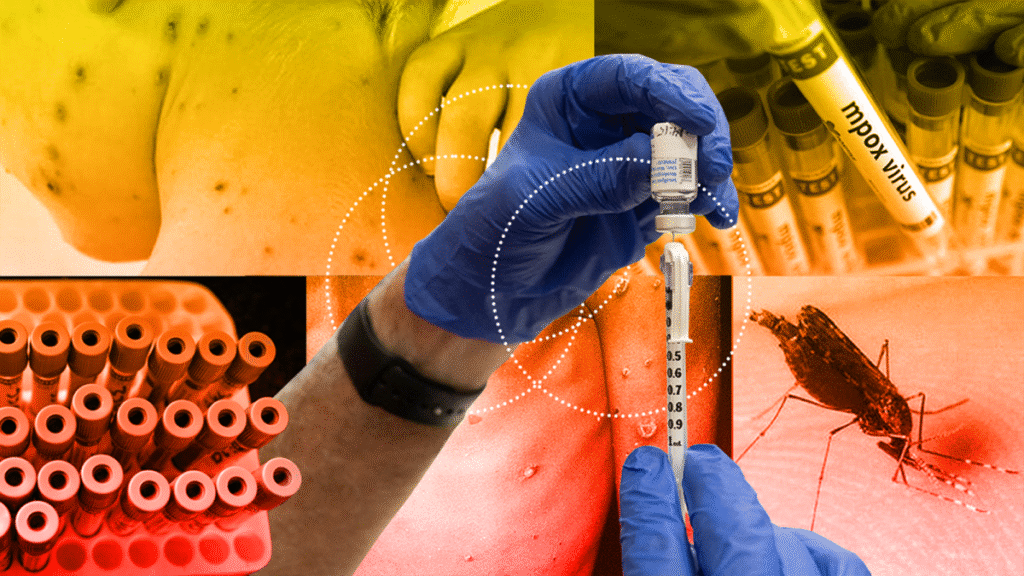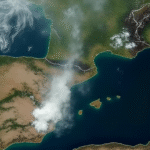Overview of the Health Crisis in Mexico
In 2025, Mexico is grappling with a complex health crisis due to the resurgence of measles, alongside an increase in mpox (squamous virus) and dengue cases. With thousands of confirmed infections and numerous fatalities, national health authorities are intensifying efforts to curb the spread of these preventable diseases, while international organizations urge vigilance.
Measles
Mexico is experiencing its worst measles outbreak since the mid-20th century. As of June 2025, there have been 2,597 confirmed cases and nine deaths reported. The majority of these cases (2,417) and fatalities (eight) are concentrated in Chihuahua.
- Historical Context: Measles, also known as rubeola, was once a significant public health concern in Mexico. Vaccination campaigns led to a dramatic decline in cases until the recent resurgence.
- Impact: The current outbreak has strained the healthcare system, particularly in Chihuahua, where resources and personnel are being stretched to contain the spread.
- Vaccination Efforts: Authorities are ramping up vaccination campaigns, emphasizing the importance of herd immunity to protect vulnerable populations.
Mpox (Squamous Virus)
The number of mpox cases in Mexico has also risen sharply. Although the exact reasons for this increase are still under investigation, health experts suspect a combination of factors, including reduced immunity due to COVID-19 and climate change.
- Background: Mpox, formerly known as squamous virus, is a viral infection that primarily spreads through close physical contact.
- Public Health Concerns: The recent surge in mpox cases poses a challenge to public health systems, requiring increased surveillance and contact tracing.
- International Collaboration: Mexico is working with international partners to share information, coordinate responses, and develop effective control strategies.
Dengue
Dengue fever, transmitted by Aedes aegypti mosquitoes, continues to pose a threat in Mexico. The country has experienced seasonal outbreaks for decades, with varying severity.
- Disease Overview: Dengue is a mosquito-borne viral infection that can cause severe flu-like symptoms and, in rare cases, lead to life-threatening complications.
- Current Situation: Authorities are monitoring dengue cases closely, implementing vector control measures and raising public awareness to minimize transmission.
- Climate Change Connection: Warmer temperatures and altered rainfall patterns, linked to climate change, expand the geographic range and seasonality of dengue-transmitting mosquitoes.
Key Questions and Answers
- Q: Why is Mexico experiencing a resurgence of these diseases?
A: The recent surge in measles, mpox, and dengue cases can be attributed to factors such as reduced immunity due to COVID-19, climate change impacts on mosquito-borne diseases, and potential lapses in vaccination coverage.
- Q: How are authorities responding to this health crisis?
A: Authorities are intensifying efforts to contain the spread of these diseases through increased vaccination campaigns, enhanced surveillance, contact tracing, and vector control measures.
- Q: What role do international organizations play in this situation?
A: International organizations provide support by sharing information, coordinating responses, and offering technical assistance to help Mexico manage the health crisis effectively.






